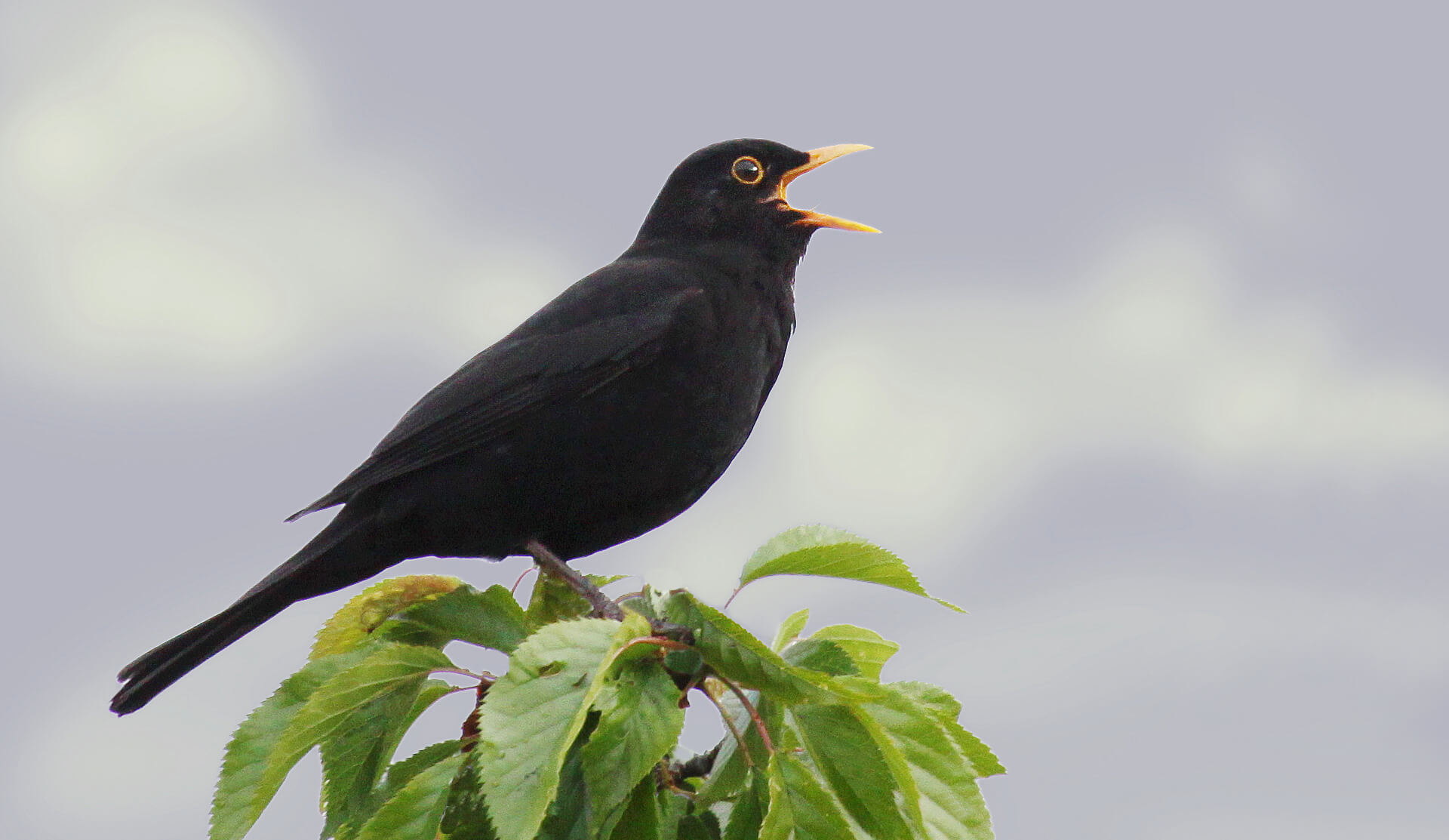
Even in the dark the Blackbird sings. The bubbling song fills the night outside our bedroom window. You sleep silently, the bedclothes rising and falling, as the notes of the bird flow over you.
Hours later, the grey light of dawn has come and with it the calls of Song Thrush and House Sparrow. In the distance are the cries of Pheasant and Carrion Crow, Green Woodpecker and Black-Headed Gulls.
The birds sing up the land, the fields and marshes, the roads and the housing estates. Spring is coming here on the peninsulars and islands at the mouth of the Thames. Spring is coming all the way up the valley. It engulfs the motorways and the airports, the bridges and the railway lines. A layer of birdsong blankets the extraordinary jumble of concrete and glass, brick and steel that is scattered over the banks of the river and her tributaries.
The song fills the ears of companions in Oxford, in Leyton, in Shadwell, in Sidcup, in Stoke Newington, in Lewisham, and beyond. It is a song of survival.
For the more than human, these birds and fish, these animals and plants, another Spring is a miracle. A miracle of their continued existence.
So many have gone under. The Salmon and the Sturgeon driven into extinction by two hundred and fifty years of fossil-fuel industrialism that has canalised the river and buried the streams.
So many were driven to the brink of extinction. The Raven and the Buzzard, the Kite and the Otter annihilated by the shotgun and the steel trap.
So many had their populations decimated. The detergents that filled the rivers with foam poisoned the fish who floated, belly up, on the surface. The pesticide sprays that thinned the eggs of raptors and caused the song birds fall out of the sky.

And so many were driven from their homes. The felling of woods, the draining of marshes, the burial of grasslands and poisoning of soils, all destroyed places to breed, places to feed and places to rest.
It is remarkable that the more than human has survived in this valley. They have maintained their toe holds in corners of woodland and the bends of streams. And they have clawed their way back into our imaginations.
Slowly, painfully slowly, the trap and the shotgun have been outlawed, some of the detergents and the pesticides have been banned, and some of the woodlands and marshes have been protected. Not enough, not nearly enough, but the tide turns slowly.
And still they sing. They fill these dawn moments with sound, and they watch us. So few us notice them but we are constantly in their gaze. They watch our every move. They wait and labour to survive.
I listen to the Blackbird at night and the Song Thrush at dawn and I am in deep gratitude for the resilience of the community of which I am part.
Thanks to Anna Galkina and inspiration from the words of James Baldwin